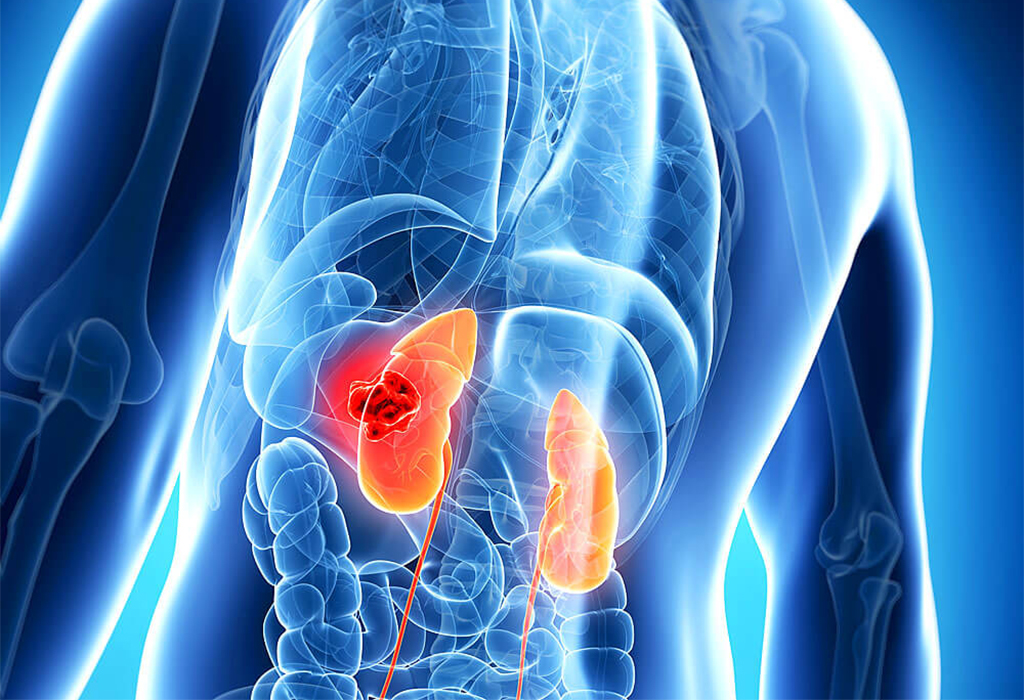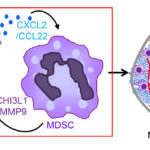Metastatic renal cell carcinoma (mRCC) is an advanced form of kidney cancer in which malignant cells spread beyond the kidney to distant organs, most commonly the lungs, bones, liver, and brain. Understanding its progression, treatment options, and prognosis is essential for optimizing patient outcomes.

Understanding Renal Cell Carcinoma Metastasis
Renal cell carcinoma (RCC) originates in the kidney’s tubules and can remain localized before progressing to metastatic disease. The transition to metastatic RCC occurs when cancer cells gain the ability to invade nearby tissues and spread via the bloodstream or lymphatic system.
Pathways of Metastasis
The metastatic spread of RCC follows specific pathways:
- Lymphatic Spread: Cancer cells migrate to regional lymph nodes before disseminating further.
- Hematogenous Spread: Cancer cells enter the bloodstream, often leading to lung and bone metastases.
Risk Factors and Causes
Several factors contribute to the development and progression of metastatic RCC:
- Age: Predominantly affects individuals over 60.
- Genetic Mutations: Alterations in VHL, MET, and PBRM1 genes increase susceptibility.
- Smoking: Raises the risk of aggressive RCC.
- Hypertension: Chronic high blood pressure is linked to RCC.
- Obesity: Excess body weight contributes to RCC development.
Symptoms of Metastatic Renal Cell Carcinoma
Symptoms vary based on the site of metastasis and disease progression:
- Lung Metastases: Persistent cough, shortness of breath.
- Bone Metastases: Severe pain, fractures, spinal cord compression.
- Liver Metastases: Jaundice, weight loss.
- Brain Metastases: Headaches, neurological deficits.
- General Symptoms: Fatigue, hematuria (blood in urine), unexplained fever.
Diagnosis and Staging
A multi-modal approach is used to diagnose and stage metastatic RCC:
- CT/MRI Scans: Identify metastatic lesions.
- Biopsy: Confirms RCC type and grade.
- Genomic Testing: Determines molecular characteristics for targeted therapy.
TNM Staging System
The TNM (Tumor, Nodes, Metastases) staging system is used for RCC classification:
- T4: Tumor extends beyond the kidney.
- N1: Cancer has spread to lymph nodes.
- M1: Distant metastases present.
Treatment Options for Metastatic Renal Cell Carcinoma
1. Targeted Therapy
- VEGF Inhibitors (Sunitinib, Axitinib, Pazopanib): Block blood vessel growth to starve tumors.
- mTOR Inhibitors (Everolimus, Temsirolimus): Disrupt cancer cell growth pathways.
2. Immunotherapy
- Checkpoint Inhibitors (Nivolumab, Pembrolizumab): Enhance the immune system’s ability to attack cancer cells.
- Combination Therapy: Ipilimumab + Nivolumab has shown promising survival benefits.
3. Cytoreductive Nephrectomy
- Surgical Removal: In selected patients, nephrectomy may improve survival by reducing tumor burden.
4. Radiation Therapy
- For Bone and Brain Metastases: Provides symptomatic relief and prevents complications.
Prognosis and Survival Rates
- Median survival for metastatic RCC varies based on treatment response:
- With Targeted Therapy: 3-5 years.
- Without Treatment: 6-12 months.
- Five-year survival rate for mRCC is approximately 12-20%, but advancements in therapy continue to improve outcomes.
Emerging Research and Future Directions
- Novel Immunotherapies: Ongoing trials for CAR-T cell therapy in RCC.
- AI-Driven Drug Discovery: Identifying new molecular targets.
- Liquid Biopsy Development: Real-time monitoring of disease progression.
Metastatic renal cell carcinoma is a challenging yet treatable disease with evolving therapeutic approaches. Advances in targeted therapy, immunotherapy, and precision medicine continue to improve patient outcomes. Early intervention and comprehensive care are crucial for maximizing survival and quality of life.

